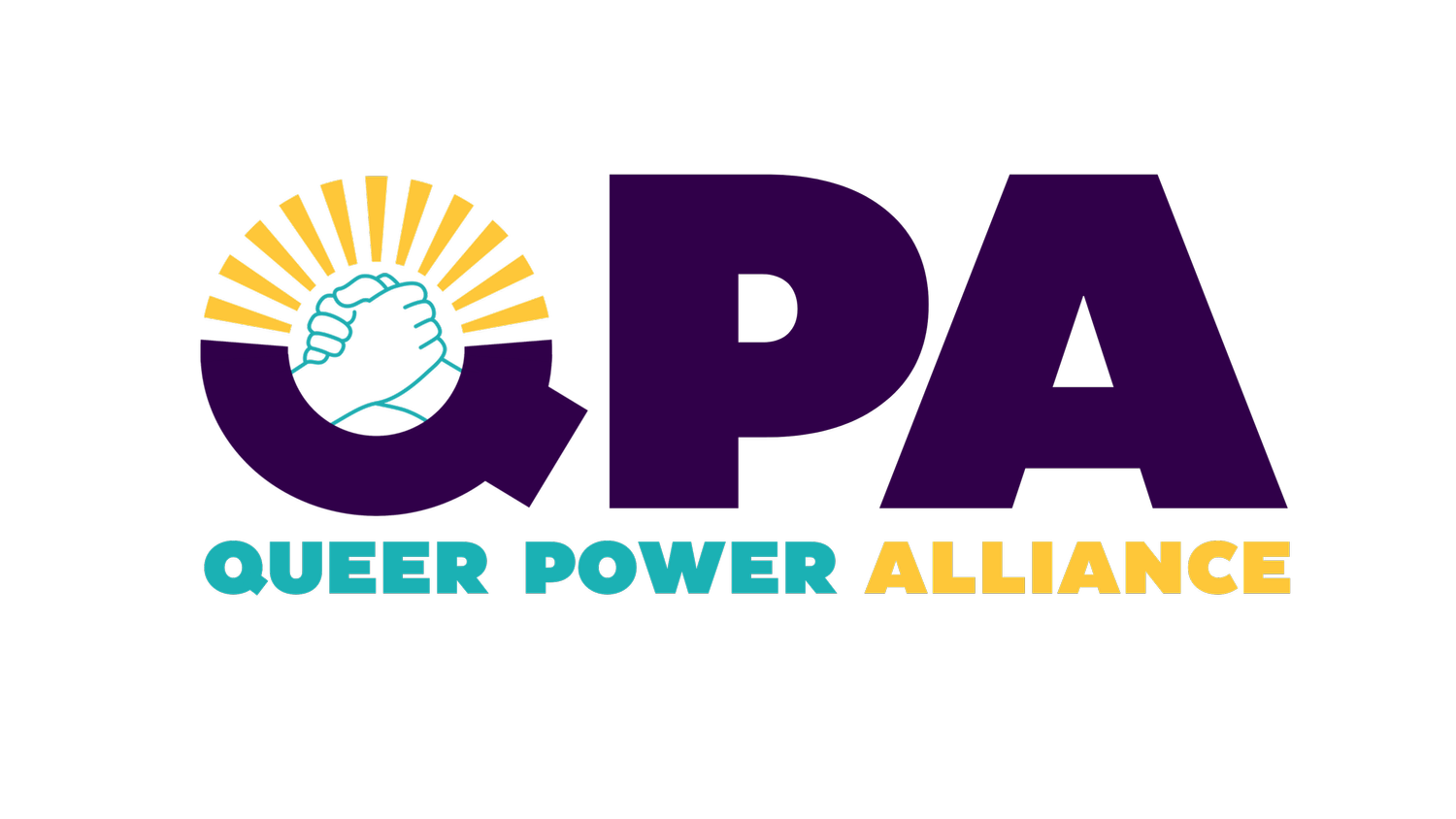The Big B Bill Seeks to Define LGBTQIA+ People Out of Existence.
Last week, a sweeping federal budget bill was passed that goes far beyond taxes and spending. The so-called “One Big BS Bill” contains massive rollbacks to civil rights, healthcare access, and public support systems. It is a deeply ideological document that seeks to redefine who counts under the law—and who is left behind. And for Washington State’s LGBTQIA+ communities, the stakes could not be higher.
These redefinitions are not just symbolic. They are strategic. They lay the groundwork for a broader dismantling of civil rights. And while the bill is long and overwhelming by design, it is critical that LGBTQIA+ people understand what is in it. When exclusion is written into federal law, it does not just open the door to future rollbacks—it fast-tracks them.
Among its many harmful provisions, the law redefines “sex” as strictly male or female based on birth anatomy, ignoring medical consensus and laying the legal foundation to erase trans, nonbinary, and intersex people from federal protections. This change threatens access to healthcare, education, housing, and civil rights enforcement, even without an explicit ban on gender-affirming care.
Make no mistake: this law directly harms us. It puts vital healthcare access out of reach, particularly for those already marginalized—trans people, BIPOC LGBTQIA+ folks, disabled community members, low-income individuals, and our elders. It jeopardizes our ability to afford and stay in stable housing, and guts support systems that many in our communities rely on to survive. It strips away the public health infrastructure that keeps our communities safe.
In Washington, where equity and inclusion are not just buzzwords but commitments, we need more than concern. We need bold action. This moment demands that we use every tool we have. We have power here at home, and it is time we wield it.
First, local and state leaders must speak out clearly, publicly, and without delay to condemn this legislation. Silence is complicity. Inaction emboldens those behind this bill. Washington’s leaders must make it unmistakably clear: we will not participate in policies that erase identities or deny people the care they need to survive.
Second, we must protect and expand access to gender-affirming care within our state. That includes direct funding for LGBTQIA+ health providers, safety-net clinics, and programs that ensure continuity of care even as federal protections are dismantled.
Third, we need long-term investment in trans-led and queer-led community organizations. These groups are already holding the line, keeping care, safety, and connection alive while federal protections fall apart. Their survival is essential. But with funding cuts looming and attacks escalating, many are at risk. The City of Seattle and the State of Washington must treat support for this work as a public health and equity priority.
This is also a moment for coalition-building. Organizations with shared values—whether rooted in racial justice, immigrant rights, disability justice, reproductive freedom, or public health—must stand together, support one another, and build collective strength in the face of growing national threats.
It is easy to feel powerless when the federal government turns our lives into political battlegrounds. But we are not powerless. We have tools, resources, and a legacy of leading with our values. We do not need permission to do what is right. We must act now.
This moment is not just about minimizing the harm of this new law. It is about defending the right to exist, to be seen, and to live with dignity. The people of Washington deserve that. LGBTQIA+ people across the country deserve that. And we have the power to rise up, act boldly, and stay firmly on the right side of history.
